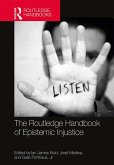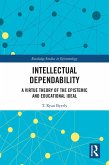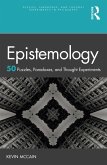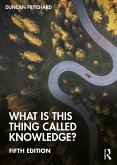Creativity and Philosophy is an outstanding collection of specially commissioned chapters by leading philosophers who explore these problems and many more. It provides a comprehensive and creative picture of creativity, including the following themes:
- creativity as a virtue, imagination, epistemic virtue, moral virtue and personal vice;
- creativity with and without value, the definition of creativity, creative failures and suffering;
- creativity in nature, divine creativity and human agency;
- naturalistic explanations of creativity and the extended mind;
- creativity in philosophy, mathematics and logic, and the role of heuristics;
- creativity in art, morality and politics;
- individual and group creativity.
A major feature of the collection is that it explores creativity not only from the perspective of art and aesthetics, but also from a variety of philosophical disciplines, including epistemology, philosophy of mind, philosophical psychology, philosophy of science, political philosophy and ethics.
The volume is essential reading for anyone fascinated by creativity, whether their interests lie in philosophy, music, art and visual studies, literature, psychology, neuroscience, management or education, or they are simply intent on learning more about this vital human trait.
Dieser Download kann aus rechtlichen Gründen nur mit Rechnungsadresse in A, B, BG, CY, CZ, D, DK, EW, E, FIN, F, GR, HR, H, IRL, I, LT, L, LR, M, NL, PL, P, R, S, SLO, SK ausgeliefert werden.









